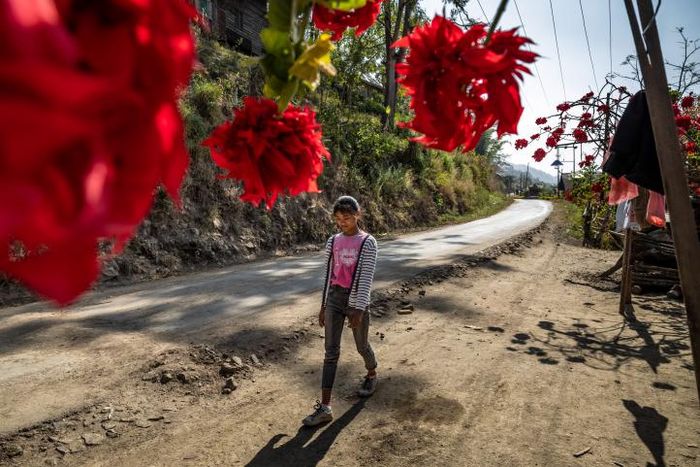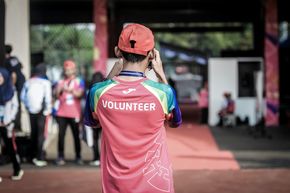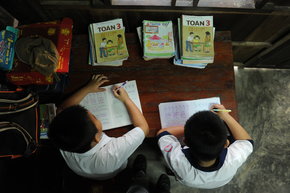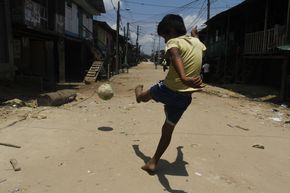In the German states of Bavaria and Baden-Wuerttemberg, school has started again after the summer break – just like in the Philippines. There, however, not the school holidays but an extremely long period of school closures due to the Covid-19 pandemic has finally come to an end. The Philippines are not the sole example. Schools have been closed for more than two years in other countries such as Thailand and Indonesia, as well as in Bolivia, Peru and some Caribbean countries. During the prolonged closures, many schools in these countries relied on homeschooling and digital learning; though these modes of education often do not reach children in poverty and families with a low formal educational background. The consequences are now becoming apparent: Many children have dropped out of school and the number of working children worldwide has increased by five percent since the beginning of the pandemic.
So, what does this mean for the re-start of tourism? Children and youth are in urgent need for more protection from violence and exploitation. In addition, new forms of travel and trends in tourism are emerging, which are likely to pose further risks for children.
Guillaume Landry, new director of the international children's rights organization ECPAT, highlights these trends and increased dangers for children with the re-start of tourism. Introducing “workations”, a recent trend in travel, we look at countries like Georgia and Mauritius that are issuing long-term visas for digital nomads. The article on project visits dives further into this subject and illustrates good practices for respecting children's rights, both in destinations such as India and South Africa and by tour operators from Europe. Our partner organization from Peru reports on challenges with informal accommodation and a children’s rights expert from Vietnam presents strategies for more child protection.
One thing remains clear: In order to better protect children and adolescents in tourism, more commitment is needed from politicians and companies. With the newly published "Implementation Guidelines for Tourism Companies" (in German only), ECPAT Germany, the Roundtable Human Rights in Tourism, and Tourism Watch at Brot für die Welt are presenting strategies to protect children's rights based on a holistic approach. Practical examples demonstrate how child protection can be integrated and strengthened in corporate human rights strategies.








